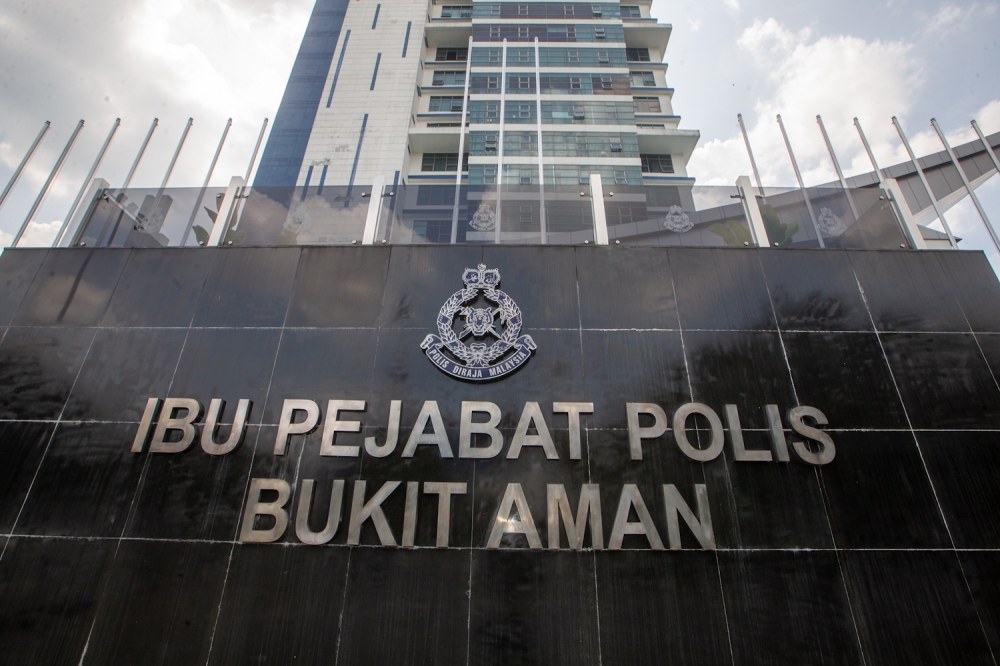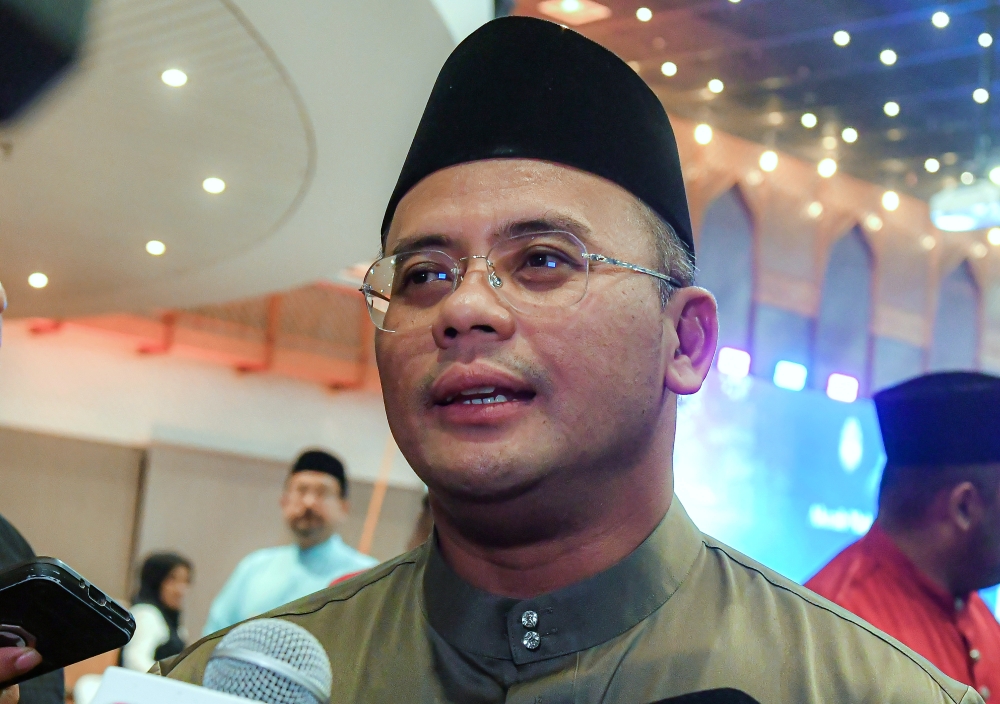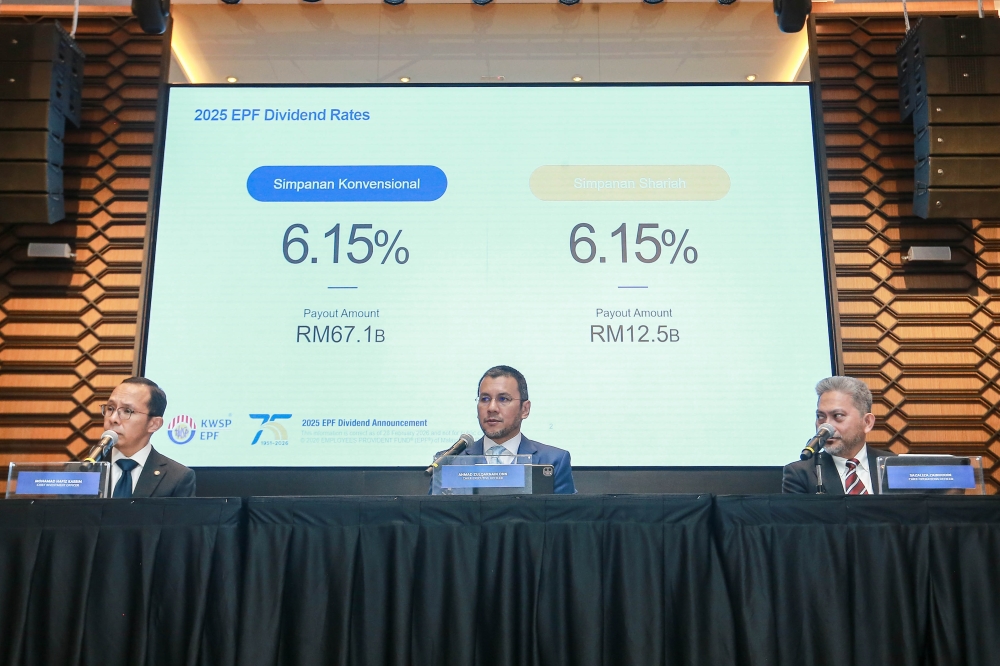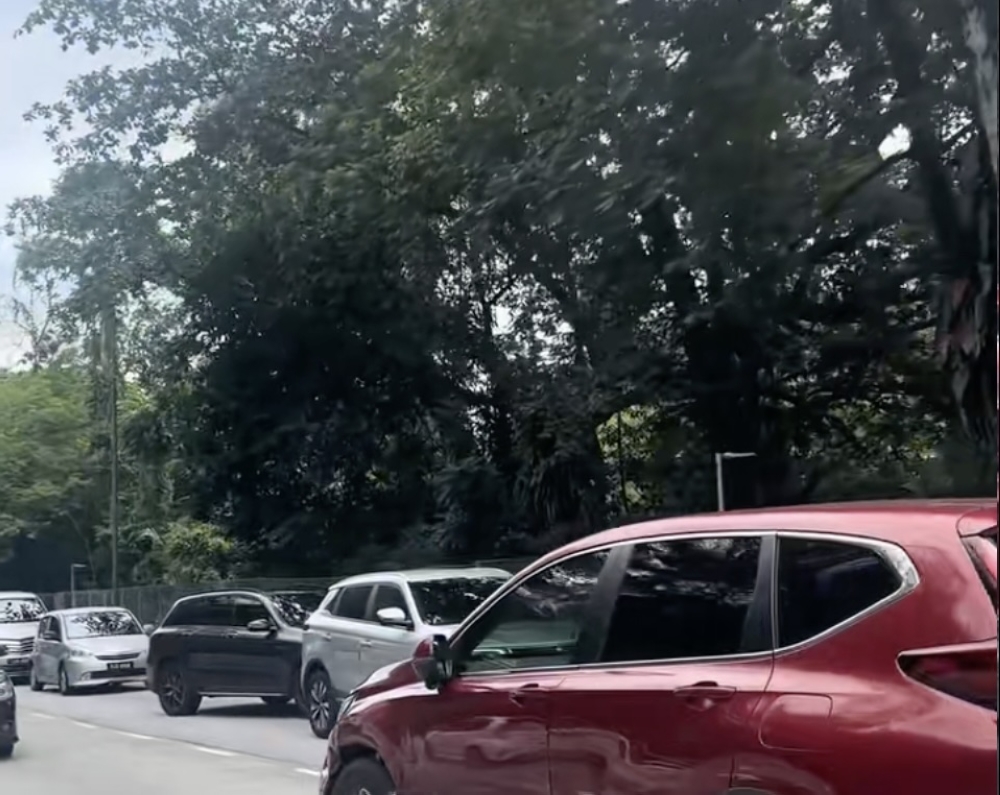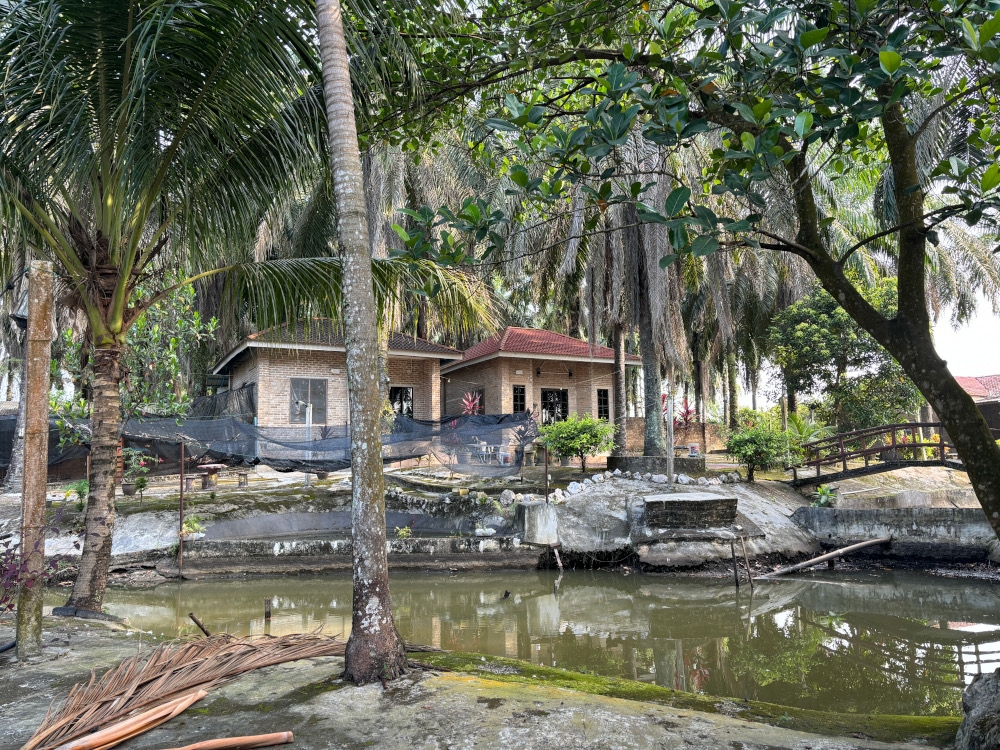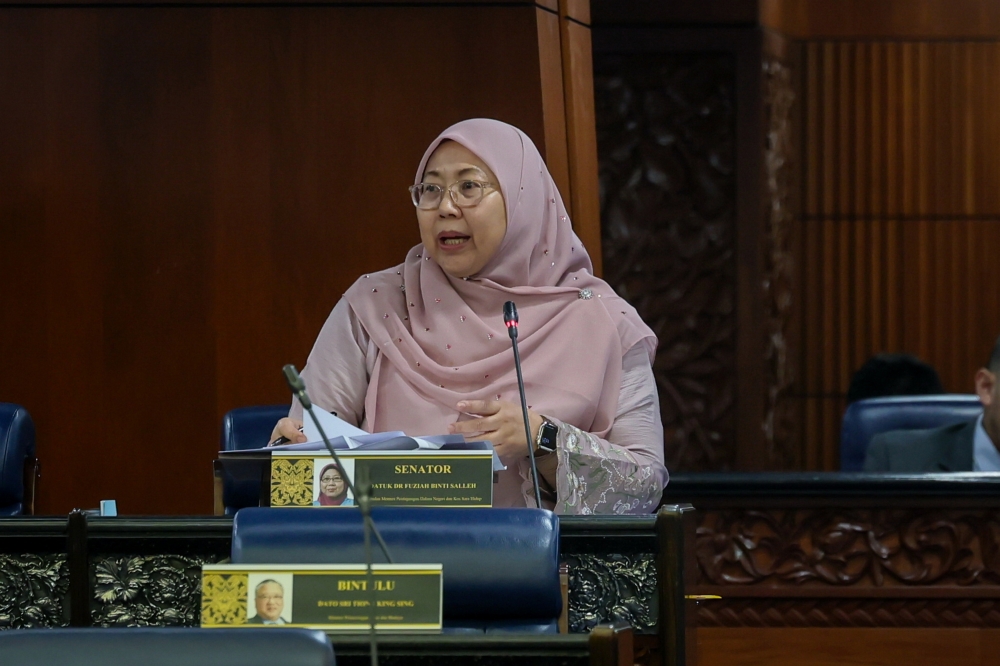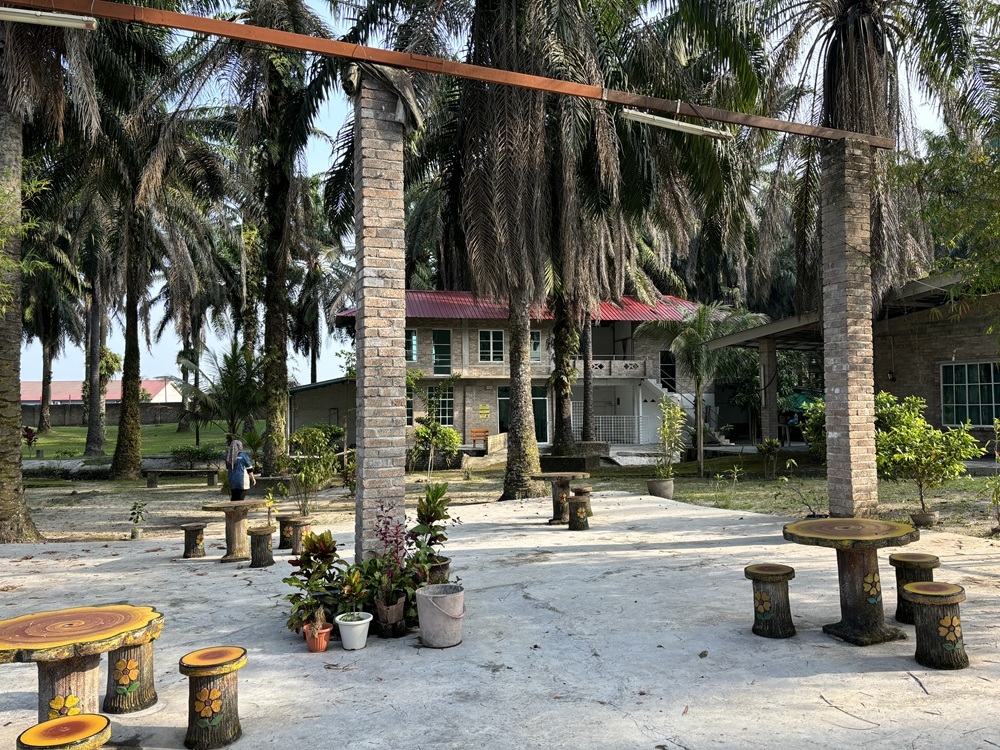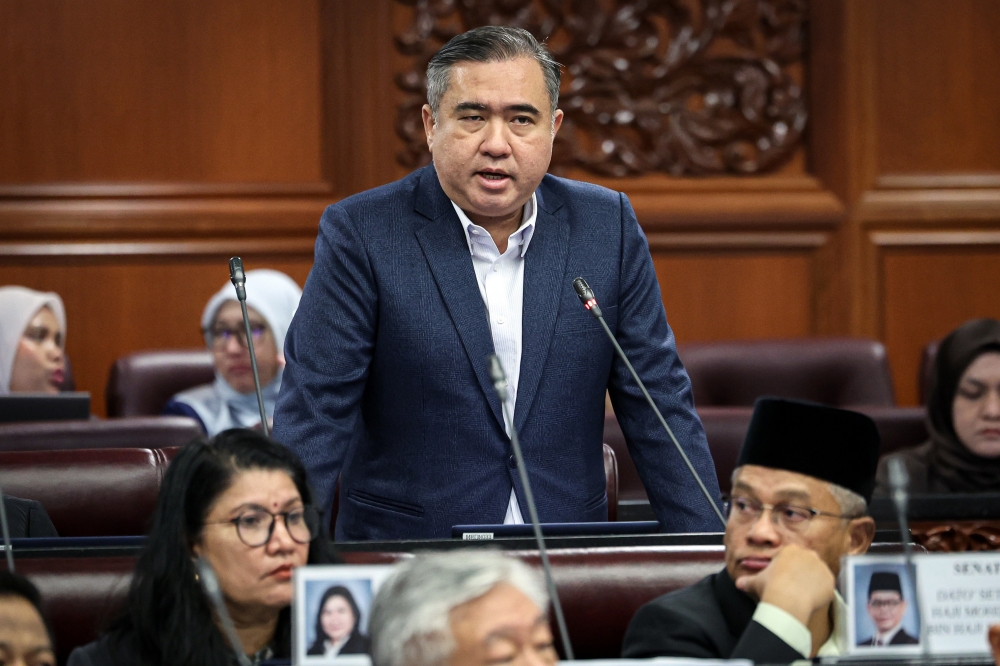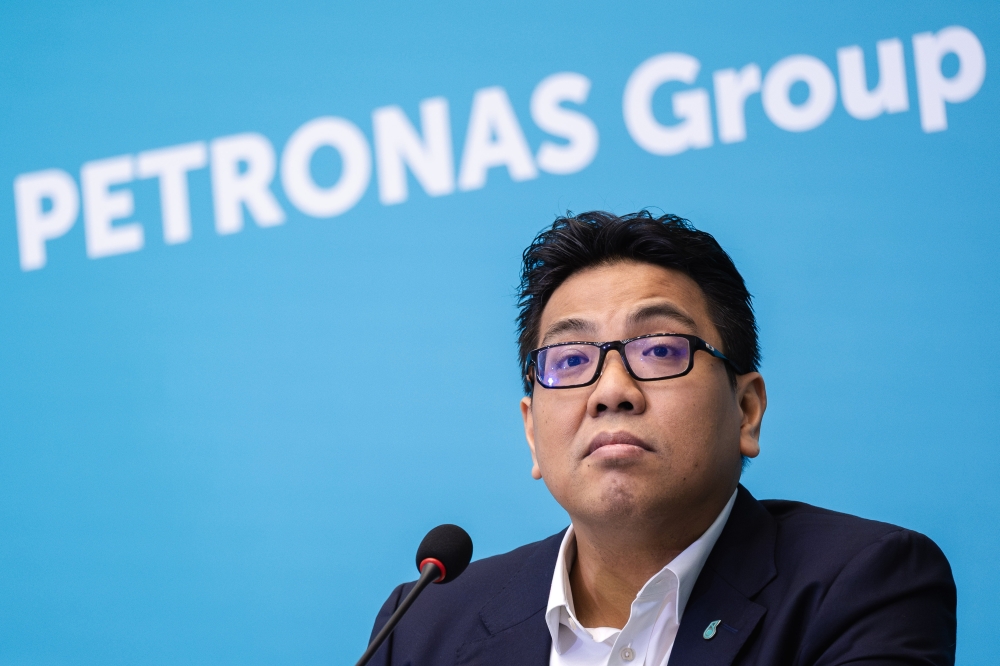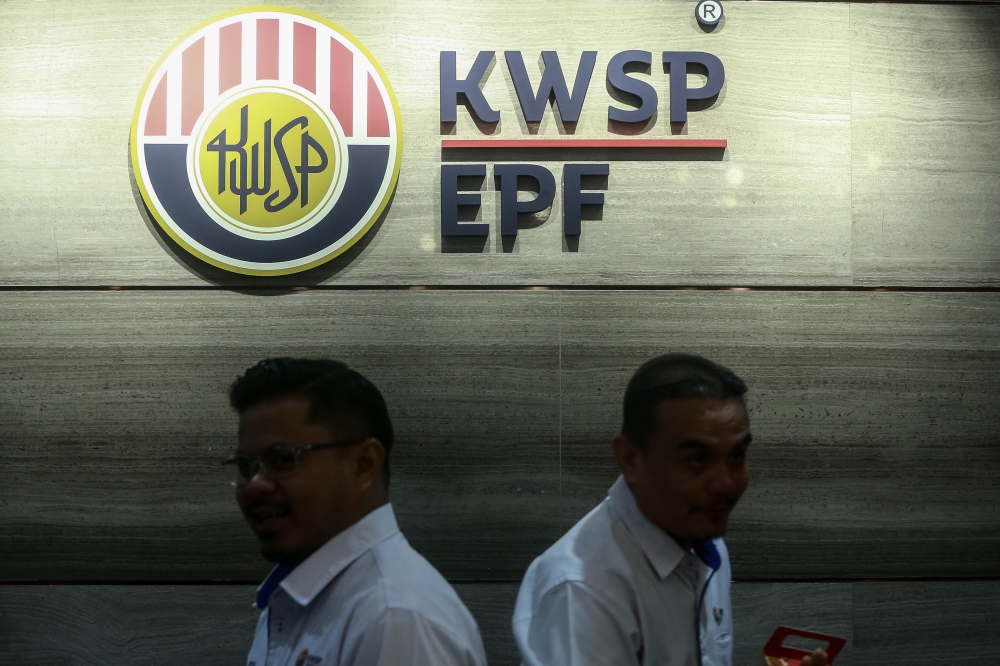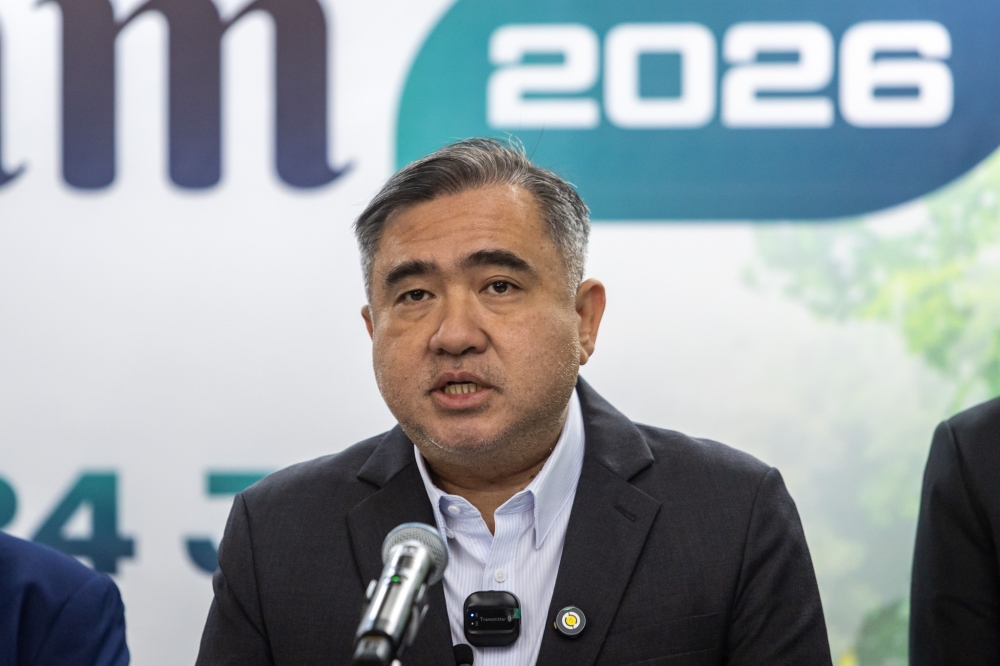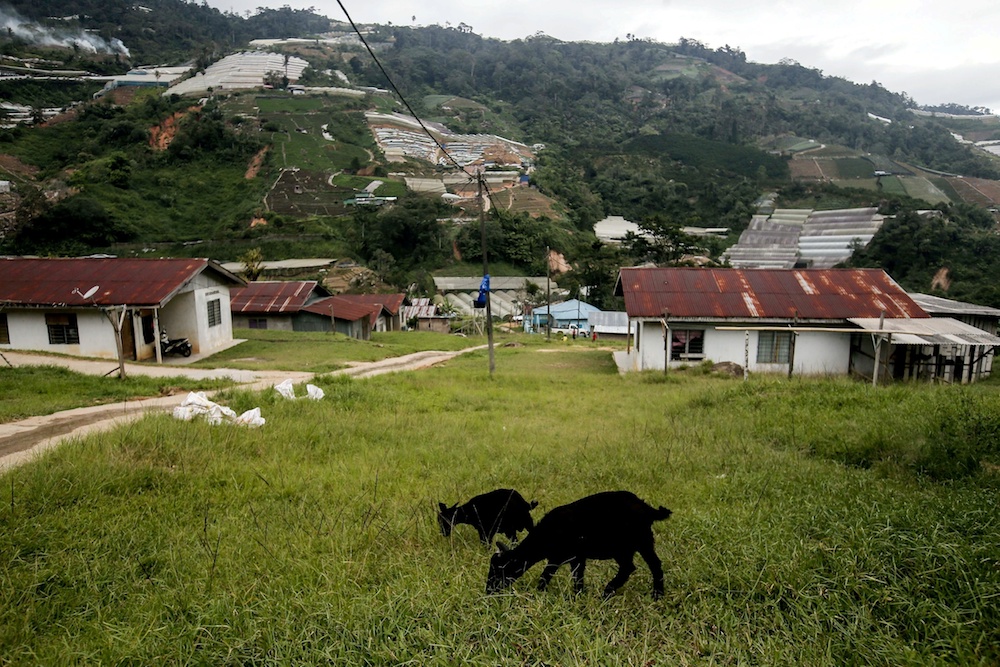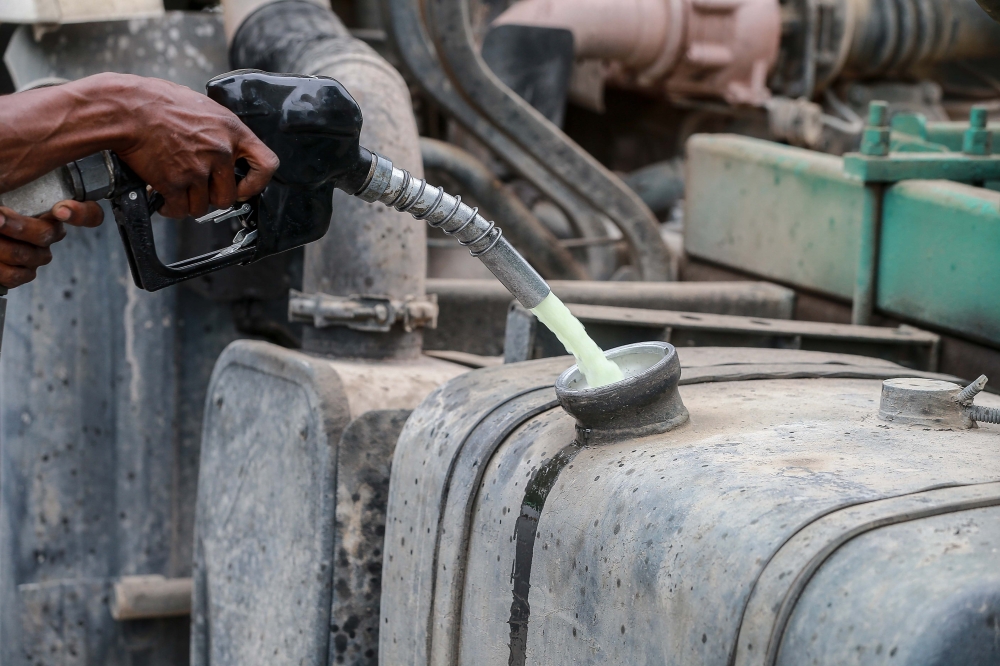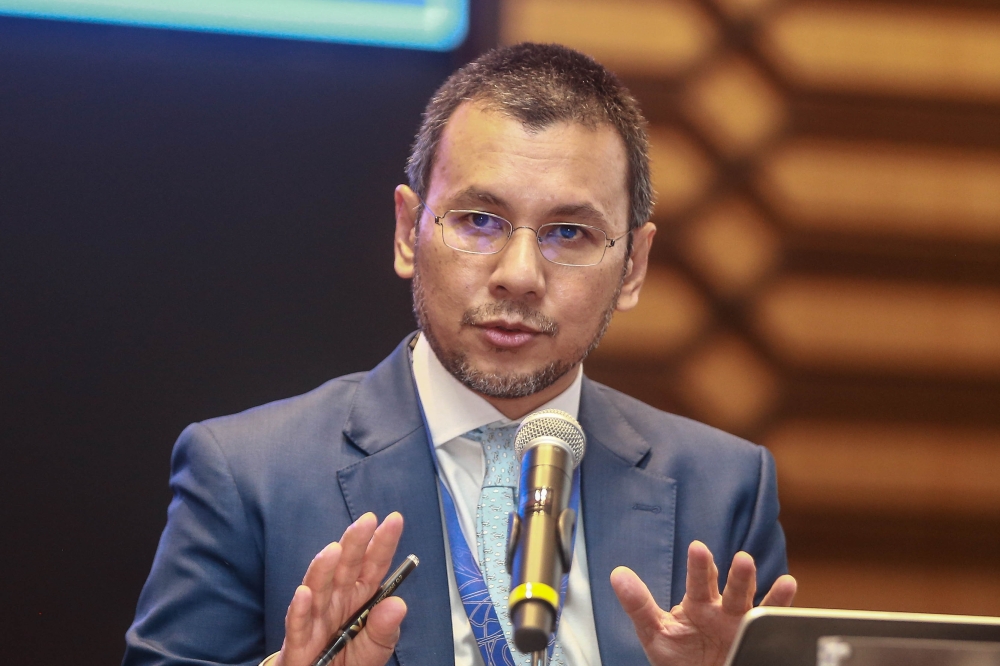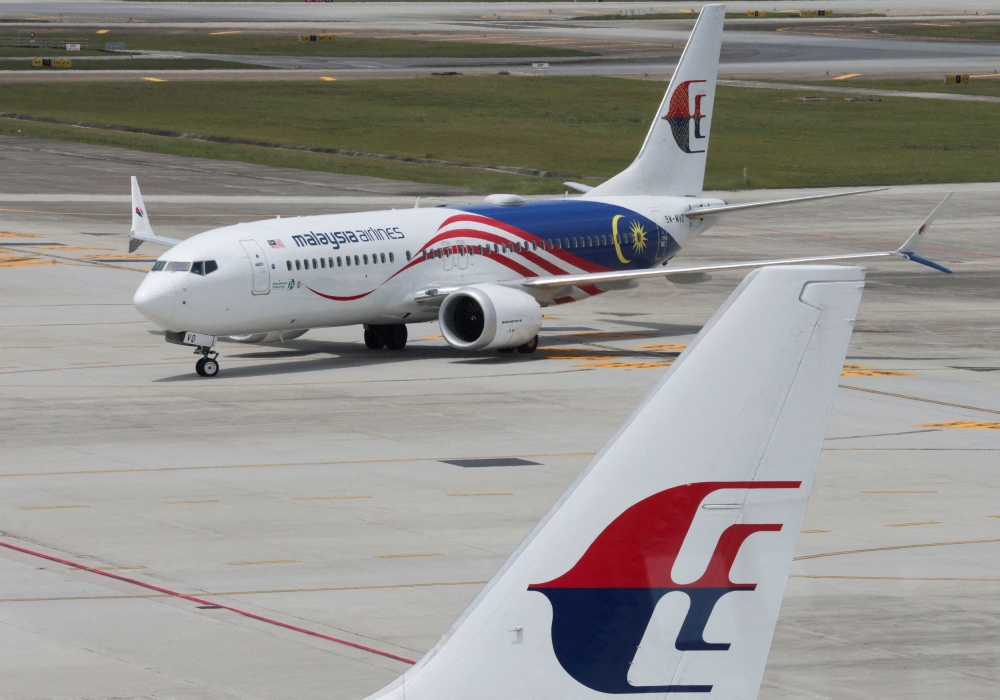PUTRAJAYA, Jan 14 — The government, through a cabinet committee, is reviewing 137 resolutions tabled at the National Orang Asli Convention (KOAK) 2019 held on April 22, last year.
Minister in the Prime Minister’s Department, P. Waytha Moorthy said the government, at the same time, had prepared an action plan for the implementation of the resolutions, expected to be completed by the end of this year.
“The resolutions focus on seven key areas, namely land, education, health, economy, leadership, infrastructure and culture in line with the 38th promise in the Pakatan Harapan manifesto — to defend Orang Asli rights.
“The (customary) land issue is the main concern for the Orang Asli community. The recognition of customary land rights was set forth by the Federal Court for them.
“Also, based on the decisions made on court cases involving Orang Asli customary land rights so far, it has consistently recognised and granted such rights to the group,” he told Bernama when met at his office, here, today.
Waytha Moorthy said some state governments intentionally did not recognise this indigenous group’s customary land rights, to reap from forest produce such as through logging.
“What is interpreted by the Federal Court should be respected by all communities, especially the leaders. Customary lands are usually within the jurisdiction of the state governments or Chief Ministers or Mentri Besar, so they should respect this decision and not provide their own interpretation.
“The failure to respect the decision could result in legal action to protect the rights of the Orang Asli. Unfortunately, the financial constraints faced by these indigenous people have prevented them from seeking legal aid and filing a case in court, causing violation of their land rights until today.
Waytha Moorthy also noted that the Orang Asli community was now more open-minded and emphasised on education for their children.
“While many of them still maintain their original way of life and traditions, their awareness of education is growing,” he said.
On the Malaysian Indian Transformation Unit (Mitra), Waytha Moorthy said about 100,000 people had benefited through the RM100 million allocation in Budget 2020.
Mitra focuses on the socio-economic development of the Indian community, especially the youth of the low-income group (B40) through, among others, high-impact programmes and courses, as well as the latest technology courses in line with Industrial Revolution 4.0.
“Mitra breathes new life into the Indian community to change their lifestyle which is often associated with immoral activities. Actually, they were not given proper education and employment opportunities like in the case of the other races, which caused many of them to engage in criminal activities.
“The courses and training provided include drone and robotics courses. After they finish their training, we want them to have a good job and income. In the next five to 10 years, they can move from B40 to M40,” said Waytha Moorthy.
According to him, about 40 per cent of the RM100 million allocation was used for skills training programmes. “One of the ways to overcome poverty is through education, even if it is informal, and skills training. Education does not necessarily mean getting a degree or diploma, especially for those who are not qualified.
“Besides, appropriate training, a more comfortable environment, transport, hostel and other incentives are provided to the Indian youth as encouragement for them,” he said, adding that most programmes were pilot projects involving 50 to 100 people in each course or training session. — Bernama

